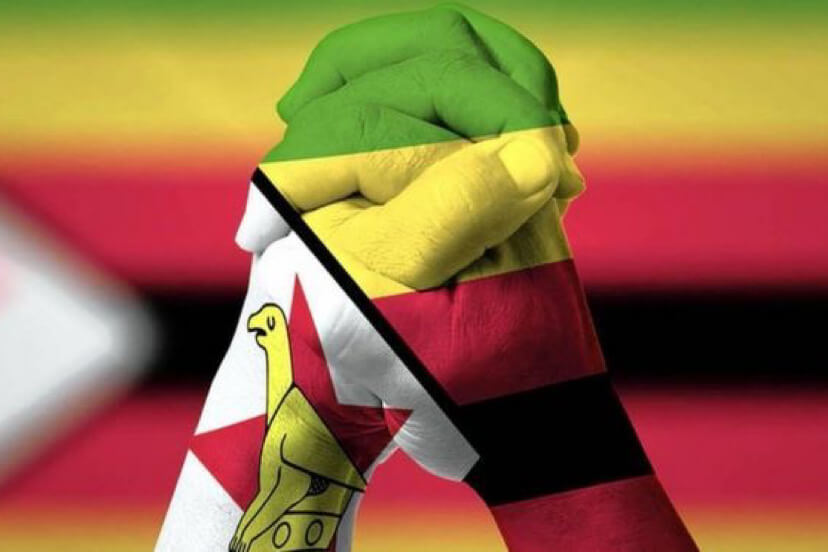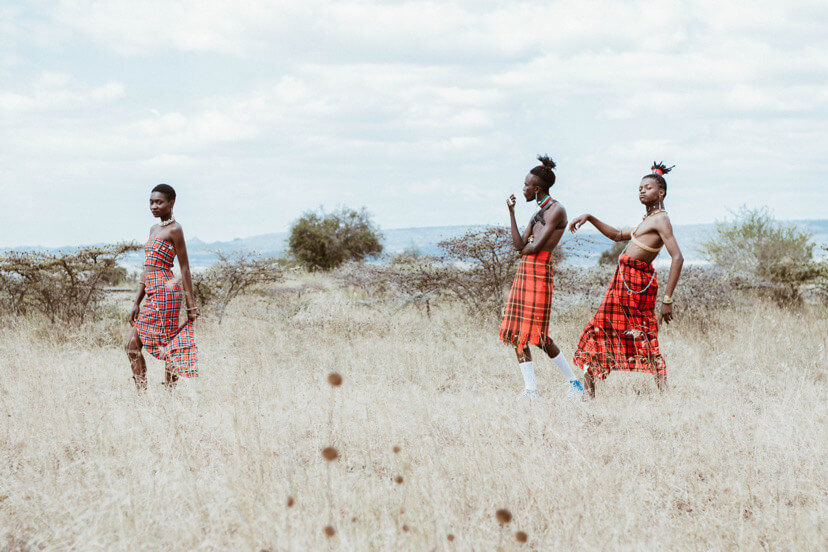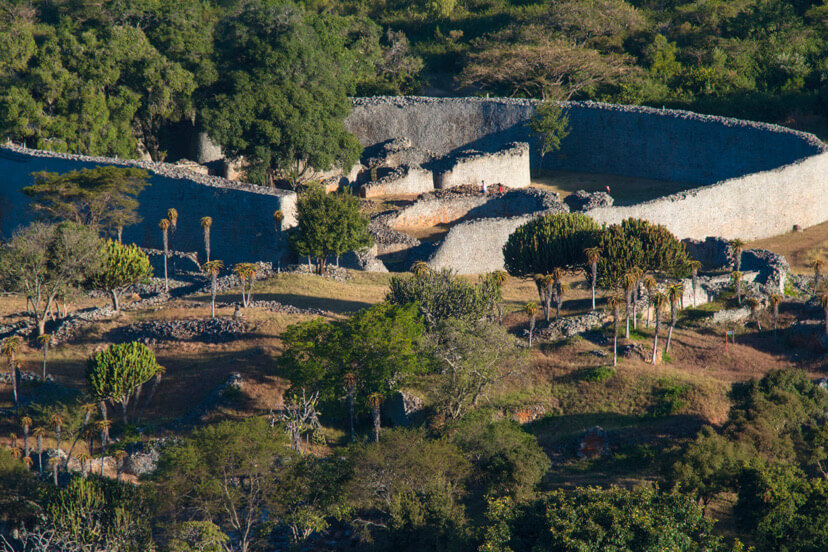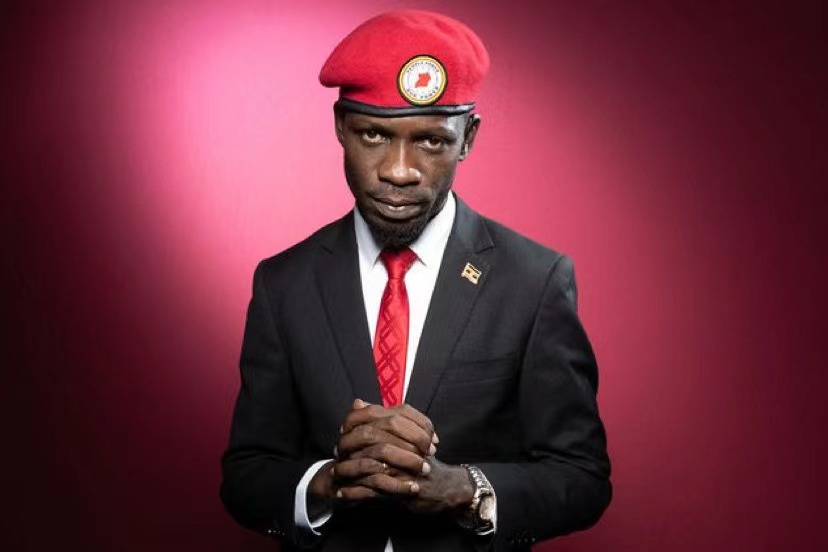Writer / Blogger / Realist.

I am not African because I was born in Africa but because Africa was born in me.
Kwame Nkrumah
With civilization came the need for the understanding of cultures, trade, ease of communication, and access. Although the need to understand our culture was not as expedient as the others. For each territory that was colonized and taken charge of, the working language of the 'master' was administered, and this happened across board. Give or take, Britain and America are two warlords that can not be overlooked in history and today; they greatly influenced the structure of the country (Nigeria) as we have it today.
Very well, there is need to communicate within any culture we find ourselves, hence, asides the native languages of a people, a universal language is essential in that context. However, trouble brews when a people begin to lose their identity through the 'over-the-top' acceptance of that which was not originally theirs. Noticeably, there is a dearth of native language speakers in this region, to the extent that it is becoming burdensome to those of us who still hold a part of our cultural heritage in esteem.
Particularly, English language or aptly, spoken English has become widespread in Africa, especially, the Western part it. Nigeria for example has the major part of its literate population basking in the euphoria of 'spoken English syndrome.' The desire to appear eloquent and vocal in spoken English is fast approaching a stage where our indigenous languages are 'forgotten and forbidden.' This is observably so too, where you glimpse parents encouraging their wards to be 'impeccable' in the grammar and diction of English, while neglecting the other side of the coin; ancestral/native language.
Yoruba language for instance (which is the ancestral language of the vast South Western region of Nigeria), is now a taboo in major homes. Even the uneducated and economically disadvantaged families strive to appear 'woke' in the 'game of spoken English.' On occasions, one may witness a parent correct the ward with passionate lashes: "how many times have I warned you not to speak vernacular..." As a second instance, one would see children of well educated men —who are believed know the importance of cultural values– quiver in ignorance at the slightest local dialect spoken to them.
Thirdly, I have encountered colleagues who boast to be natives of a locality, born and raised in that setting, but unable to speak the language of the community, save for some basic greetings. Yet they 'wield' certificates of fluency in foreign languages.
Lastly, studies show that the most popular and widely spoken languages are:
- English
- Mandarin Chinese
- Hindi
- Spanish
- French
- Standard Arabic
- Bengali
- Russian
- Portuguese
- Indonesian; respectively.
One reason these languages are popular is that they are actively and consistently used. Unfortunately, nearly 3,000 (about 40%) of all languages are at risk of being lost, or are already in the process of dying out today.
Iman Ghosh
The United Nations equally had this to say;
Languages play a crucial role in our daily lives. … [Their] losses have huge negative impacts on indigenous peoples’ most basic human rights.
UN, IYoIL statement
(As a result, the United Nations declared 2019 the International Year of Indigenous Languages [IYoIL], with a resolution to continue fostering these languages and pass on their knowledge for future generations.)
With the perceived aversion to native language in this part of Africa, there is a looming fear that 'Generation Z' will have no idea of cultural values and background. Furthermore, it is predictable that the generations to come will be taught their history in a 'foreign language' because that would be the only language they understand. Coupled with the inherent lack of archives in the African traditional ways —the custodians of cultural values have always been humans and they have since begun to diminish in numbers, with old age — there is no doubt that 'a stranger with a strange tongue' would some day lecture our descendants on their history and heritage. The rudimentary forms of our traditional values would then be redefined and sold as a 'well packaged gift' to the children of the land by foreigners.











{{username}}{{commentConvertedTime}}
{{commentText}}